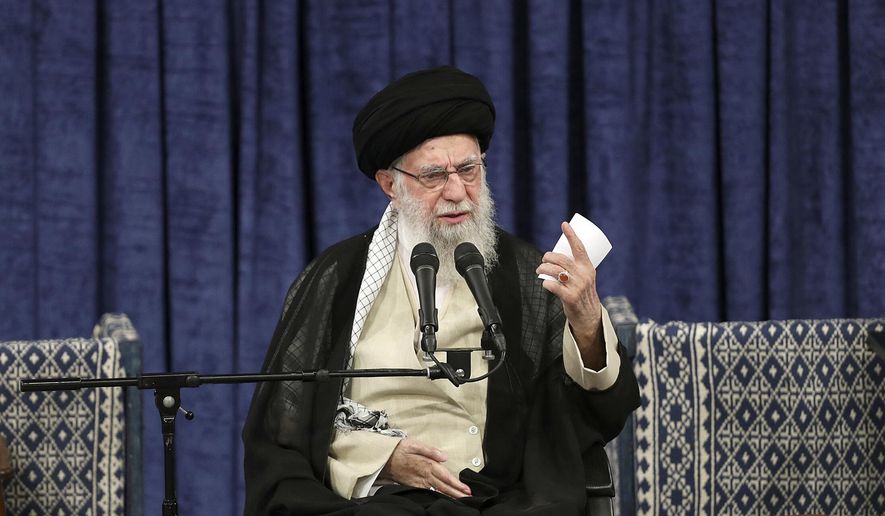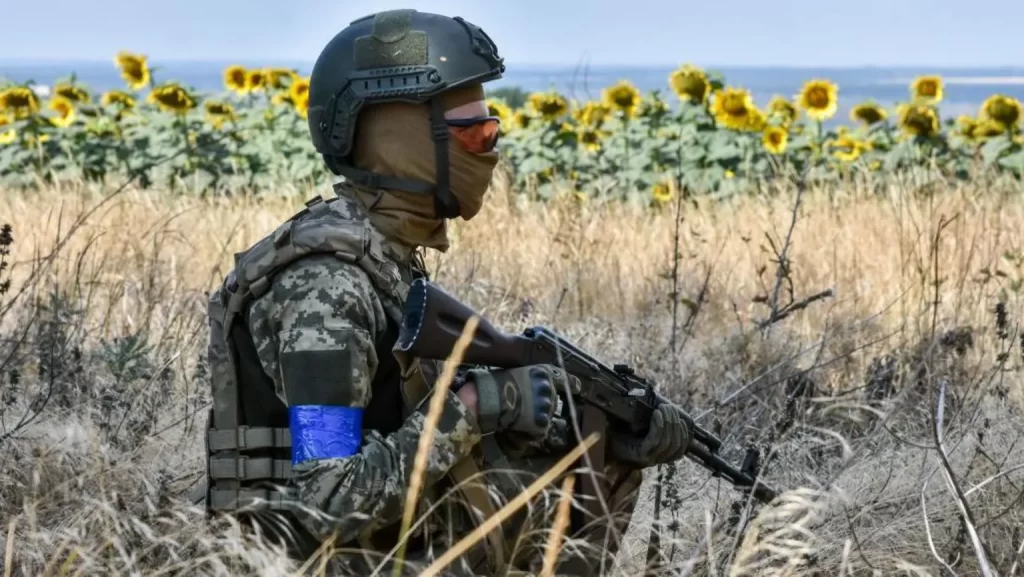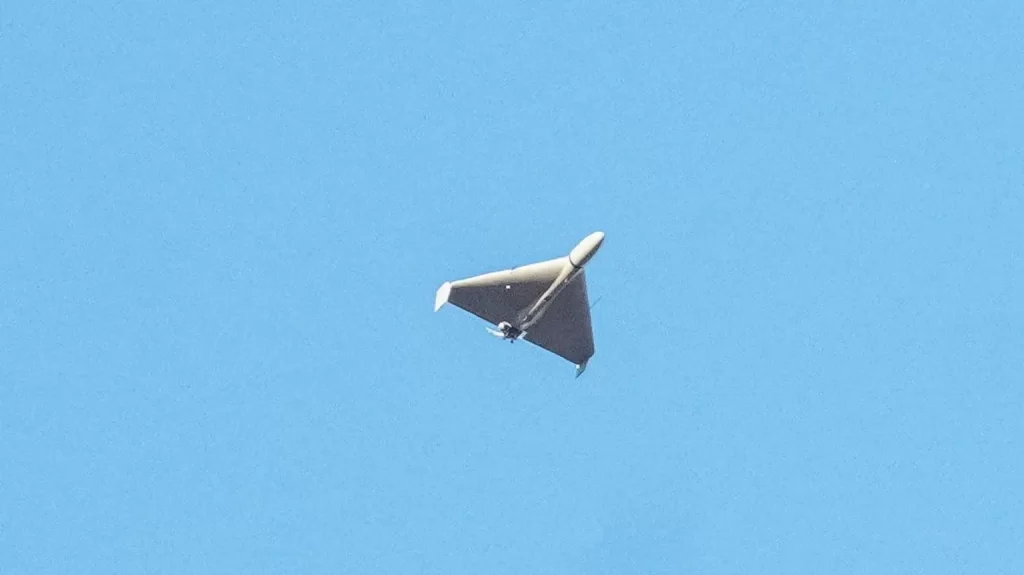The United Kingdom, France, and Germany have unveiled new sanctions against Iran for supplying Russia with ballistic missiles used in the Ukraine conflict, officials announced Tuesday.

The measures, revealed during U.S. Secretary of State Antony Blinken’s visit to London, include restrictions on Iran Air’s operations in the UK and Europe, as well as travel bans on several Iranian military officials.
“Iran must stop supporting Putin’s unprovoked, premeditated and barbaric attack against a sovereign democratic state,” UK Foreign Secretary David Lammy said. “The UK will stand with Ukraine for as long as it takes.”
Blinken warned that Russians trained by Iranian forces could deploy short-range missiles against Ukrainians within weeks. He described the Iranian deliveries as a “dangerous escalation” enabling Russia to “fuel its illegal invasion of Ukraine.”

The UK Foreign Office sanctioned key individuals involved in the missile supplies, including Iranian Brigadier General Seyed Hamzeh Ghalandari, who oversees the country’s defense exports. Ghalandari and two other Iranian officials face travel bans and asset freezes.
Additionally, five Russian cargo ships transporting military supplies from Iran have been sanctioned, along with organizations allegedly involved in producing Iran’s Shahed drones, which Russia has used extensively in attacks on Ukrainian cities.
In a joint statement, the UK, France, and Germany called on Iran to “immediately cease all support to Russia’s war against Ukraine and halt the development and transfers of its ballistic missiles,” emphasizing that Iran’s actions pose “a direct threat to European security.”

The sanctions come as Russian forces advance in eastern Ukraine, approaching the key transportation hub of Pokrovsk. Blinken noted that the Iranian short-range missiles would aid Russia’s advance by allowing Moscow to use more of its existing arsenal for targets further from the frontline.
Blinken and Lammy announced a joint trip to Ukraine this week, framing it as a reaffirmation of the close partnership between the U.S. and UK. They aim to “hear directly from the Ukrainian leadership” about their objectives and how to support their needs.
UK Prime Minister Sir Keir Starmer has pledged to continue backing Ukraine with £3 billion in military support. However, Ukrainian President Volodymyr Zelenskyy has criticized the pace of weapons deliveries and requested authorization to strike targets deep inside Russia with Western-supplied missiles, a move the U.S. has resisted so far.
As tensions escalate and sanctions tighten, the international community watches closely to see how these measures will impact Iran’s support for Russia and the broader dynamics of the ongoing conflict in Ukraine.



